REXENTERTAINMENT
“The phrase that I have come to believe best sums up what the documentary film can most hope for, is to ‘undermine the simplicities’. The challenge is to present a much needed sense of flawed humanity not stereotypes.”
Rex Bloomstein
Rex Bloomstein has made over 150 single films, television documentaries and series and, in January 2012, presented his first radio documentary, Dying Inside for Radio 4. He is currently developing a number of further projects.
For full details about his work, follow the links below.
A documentary that explored the world of Ricky Jay - one of the great practitioners of magic. He is stage magician, actor, and writer. He is a sleight-of-hand expert and is notable for his card tricks, card throwing, memory feats, and stage patter. He is absolutely opposed to revealing any of the techniques of magic, he is passionate about collecting rare books and manuscripts, art, and other artifacts connected to the history of magic, gambling, unusual entertainments, and frauds and confidence games. He is the author of dozens of scholarly articles and books, including “Cards as Weapons” (1977) and “Learned Pigs & Fireproof Women” (1986).
I was asked to direct this profile of Ricky Jay, one of the world’s leading practitioners of close up magic. Ricky practises sleight of hand of the highest order – he is a master of deception.
Was I able to penetrate any of his secrets, understand the invented language he created with his partner, deal with his swings of mood, pierce the inner world of this historian of the magic arts? The answer is no. A difficult film to direct and one with probably the smallest number of scenes and cuts that I have ever made, because you had to let his extraordinary magic unfold.
What you see is what you get – or rather don’t.
“Hustlers, Hoaxsters, Pranksters, Jokesters and Ricky Jay is, without a doubt, a slow paced programme. There are no car chases, no sword fights, no ritual disembowelings, but trust me, it deserves your time on Saturday night.” - THE RADIO TIMES, John Peel
A profile of Cliff Richard for the South Bank Show.
The phone rang – a voice asked: “Don’t laugh, but would you like to make a film about Cliff Richard?” I laughed. Still, I was intrigued and, after negotiations with Paul Smith at Celador Productions, went on to make this profile of Cliff – his life and times as he turned 50. Whatever your reactions to the man, he is without doubt a phenomenon with more number one hit records than anyone else in the UK, spanning several decades. Everyone around Cliff also said to me that “what you see is what you get.” Perhaps. As he had been asked many times about his beliefs, his career, his sexuality – so I did the same. Perhaps I added some spice by revealing his one and only lover, perhaps some depth by questioning his Christianity and the inevitable self centredness of a life dedicated to his success. A profile is only as revealing as the subject wants it to be. Cliff goes on.
A tribute to American Jewish Humour that features clips of Franny Brice in Broadway Nights, Eddie Cantor in Glorifying the American Girl, the Marx Brothers in Go West, Sid Caesar in Show of Shows, and the movie Catskill Honeymoon and Gilda Radnor,Tom Hanks on Saturday Night Live. That also includes specially shot material with comedians Milton Berle, Joan Rivers, Shelly Berman, Jackie Mason, Alan King, Jack Carter, Billy Crystal, Carl Reiner, David Steinberg, Robert Klein, Jan Murray, Gilbert Gottfried, Bruce Mahler, Susie Essman, Carloe Leifer, Mal Z Lawrence, Max Alexander, Richard Lewis, Black Shabbos, the writers Neil Simon, Leo Rosten and Moshe Walkdoks – can’t be all bad.
During the editing I tried out an alternative opening to the film – we would begin with a caption rolling down the screen which said:
“The following people will not be appearing in this film
Barbara Streisand,
Mel Brooks
Gene Wilder,
Danny Kaye,
Gerrry Lewis,
Zero Mostel,
Kinkie Friedman and the Texas Jewboys,
The Marx Bros,
Israel Zangwill,
Sigmund Freud
They were either unavailable, disinterested or dead.”
I didn’t use it – it wasn’t funny enough…
“Such a funny lot
Any analysis of humour carries a terrible risk - that it’s not funny. As a rule, we’re all keen to know why we’re laughing, but we want to laugh while we’re finding out.
By these criteria, last night’s Arena film, Next Time, Dear God, Please Choose Someone Else (BBC2) - subtitled Jewish Humour, American Style - was a triumph. In a shamelessly indulgent hour and a half, Rex Bloomstein’s documentary looked at the traditional dominance of the American humour industry by Jewish comedians, with much serious analysis from men with beards and, happily, lots of jokes from Jewish comedians.
Jews make up just 2.7 per cent of the American population, but about 60 per cent of the writers, directors and performers in the comedy business.
From Jack Benny, George Burns and the Marx Brothers, through Woody Allen, Mel Brooks and Neil Simon, to Billy Crystal, Tom Hanks and the Zucker-Abrahams-Zucker team (Airplane and The Naked Gun), virtually all funny Americans have been Jewish. Bloomstein managed to speak to a good few of them. Some (Allen, Brooks) couldn’t make it, one or two others were inconveniently dead, and Zucker-Abrahams-Zucker don’t appear to have been asked (shame), but those he did get to were more revealing than not.
Joan Rivers described her audience as her group therapy (‘all my routines come out of unhappiness’), Jackie Mason said it was Jews who criticised him for being too Jewish.
The jokes were the thing, though. Among some very funny clips from Saturday Night Live was Tom Hanks hosting Jew, Or Not A Jew?, in which contestants had to guess whether a celebrity was or wasn’t. There were some good gags from Billy Crystal, Milton Berle, and various Jewish New York market traders. There was even a funny sketch from Sid Caesar’s Your Show Of Shows.
The documentary, though, did tend to concentrate on the past - young Jewish comedians were dealt with very much in passing - and the reminiscences about the borscht belt - the traditional Jewish resorts in the hills of New York State - got a little tedious.” - THE DAILY MAIL, Marcus Berkmann
“The pain of Jewish humour
I suspect that Rex Bloomstein’s problem in putting together a documentary on Jewish American humour was what to leave out. Take away Bob Hope and almost all American humour seems to be Jewish. As it is, Bloomstein manages to get through a full 90 minutes without a contribution from Mel Brooks and without even a mention of Woody Allen. As one of the comedians interviewed for Arena: Next Time Dear God Please Choose Someone Else puts it, the Jews make up 2.7 per cent of the American population and account for 60 to 70 per cent of its humorists. Bloomstein’s method is anthology spiced with analysis. There are samples of Jewish humour, in person and on film, from the Marx Brothers and the octogenarian Milton Berle, through Jackie Mason and Joan Rivers to sharp young inheritors of the tradition still in their twenties. As for pinning down the essence of Jewish humour, as distinct from other strands, this is more tricky. The pain of the Jewish experience, as immigrants from European persecution from the 19th century through the Nazi holocaust, has done much to shape the irony and fatalism. Not for nothing are many Jewish jokes rooted in the pain of everyday living. Joan Rivers says as much: ‘My routines come out of total unhappiness. My audiences are my group therapy’. But it is always dangerous to generalise. As soon as Leo Rosten came out with his claim that there are no puns in Jewish humour, I thought of A Night At The Opera and Groucho Marx with his priceless muddling of Santa Clause and sanity clause.” - THE TIMES, Peter Waymark
“Arena: Next Time, Dear God, Please Choose Someone Else. Rex Bloomstein’s highly watchable tribute to American Jewish humour starts as it means to go on, with comedians suggesting titles for it. One ventures, ‘How come you never wear a sweater?’ in honour of his mother, while Billy Crystal proposes, ‘Everything must go - 40 per cent off’. Panning across New York’s Lower East Side, all signs proclaiming ‘Send A Salami To Your Boy In The Army’, the documentary traces the roots of the comic tradition in the immigrant struggle: ‘Being an outsider… from that viewpoint comes the humour’. From these humble origins came such greats as Eddie Cantor and the Marx Brothers - ‘Groucho was the shyster, the guy who’d got off the boat the week before you’ - and, later, Jackie Mason, Neil Simon and Joan Rivers. All this - and Woody Allen too. Enjoy!” - THE INDEPENDENT
“Arena: Next Time Dear God Please Choose Someone Else. Rex Bloomstein is given a 90-minute stretch for this exploration of American, and particularly New York, Jewish humour. Asked to rationalise comedy, the funniest of people may lapse into solemn pretentiousness. Bloomstein cuts down the risk by persuading his interviewees to illustrate rather than explain. The result is a delight, and not a minute too long. David Steinberg may convince himself that ‘most Jewish comedians are people who have their hands up on the window of the perfect world they are excluded from’. Viewers looking at the television window may judge that most of the living comics on view are already in the best possible world, and worried that if they admit this it will go away. Starting with the Lower East Side of New York, the compilation shows how Jewish humour originally flourished in adversity. There are reminders of past masters and contributions from the Marx Brothers (strangely not at their best), Lenny Bruce and Joan Rivers, and the stand-up talents of today operating in the clubs of New York and LA.” - , Pick of the Day
“The most outstanding entertainment of all in the next few days occurs on “Great Performances” with “The World of Jewish Humor” (Friday, Nov. 30, 9-10:30 p.m. EST, on PBS). The names it encompasses alone are enough to give a sense of the vast size of this venture - the Marx Brothers, Eddie Cantor, Jack Benny, Sid Caesar, Miltoft Berle, George Burns, Mel Brooks, Lenny Bruce and Gilda Radner to name a few. True, one might conclude, the strange strange initial footage that the chief contribution of Jewish culture was pastrami and stuffed derma. But after that, with hilarious but also serious contributions from Billy Crystal, Robert Klein, Neil Simon, Jackie Mason and Carl Reiner (who reveals what the virtually all-Jewish writing cast of “Your Show of Shows” used to talk about) and some masterful stuff from “Saturday Night Live,” this wildly funny hour-and-a-half flies by.” - THE WALL STREET JOURNAL
The idea for this children’s series for Thames TV emerged from a short film that I created whilst attending a six-week film course at the BBC in 1969. In fact, the only time I have ever studied or was instructed in the art of film. My course piece featured the mime artist and actor Ben Benison. Eventually, I suggested using this idea of combining mime and film for a children’s series to the film editor, Arthur Solomon, and the cameraman, Rafi Rafaeli. I directed two episodes and they went on to produce two series for Thames Television.
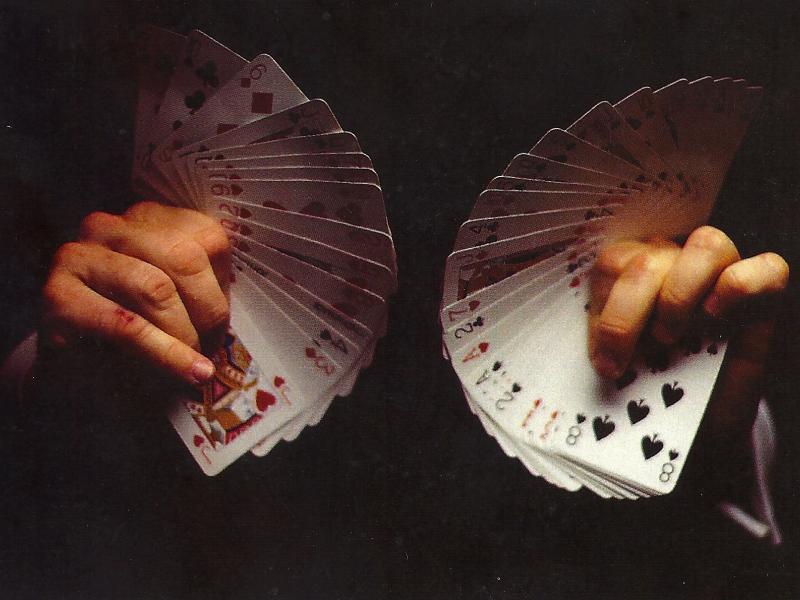 'Beautiful hands'
'Beautiful hands'
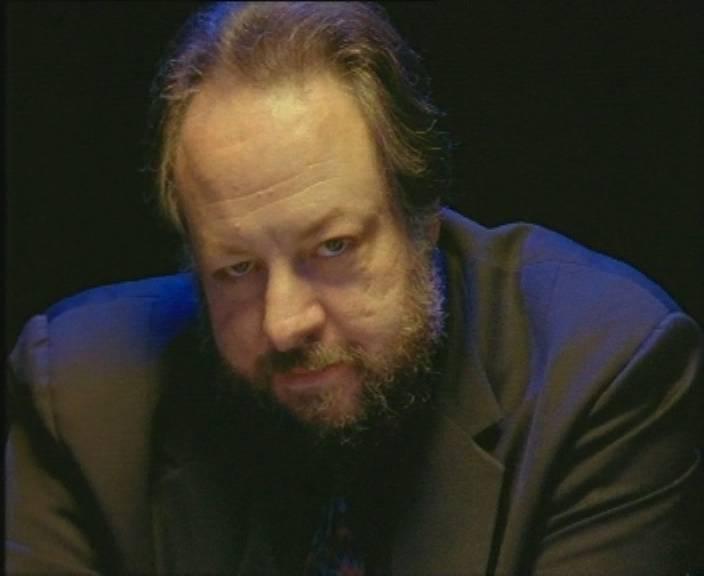 Ricky Jay
Ricky Jay
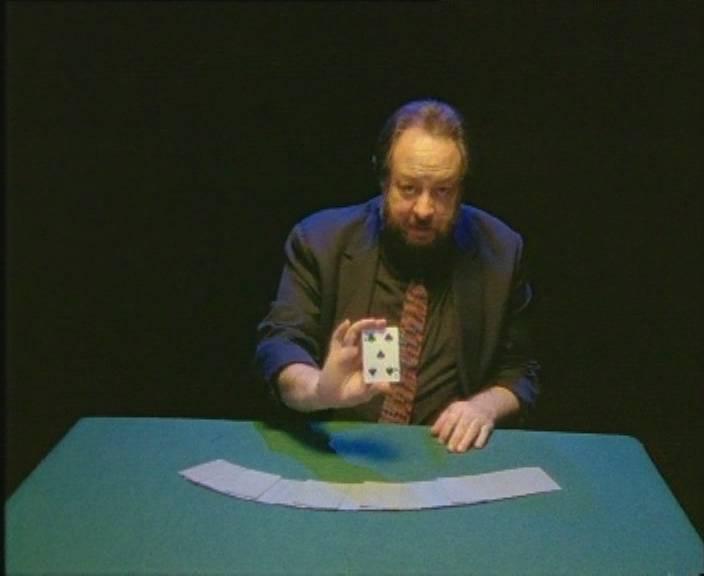 Ricky's opening card trick
Ricky's opening card trick
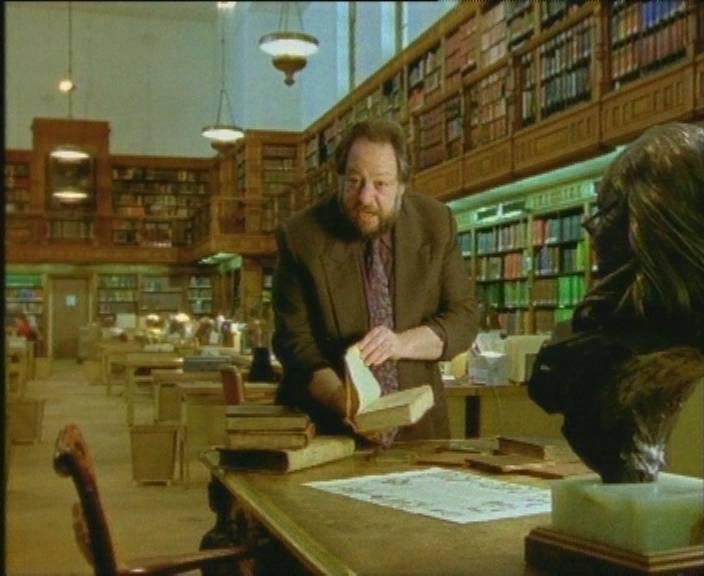 Ricky reflecting on the history of magic in the Huntingdon Library
Ricky reflecting on the history of magic in the Huntingdon Library
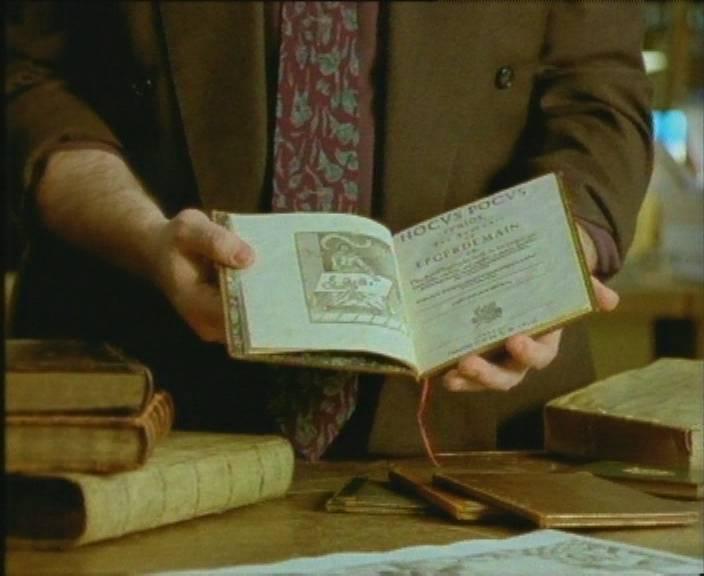 A close up of an historic book on magic
A close up of an historic book on magic
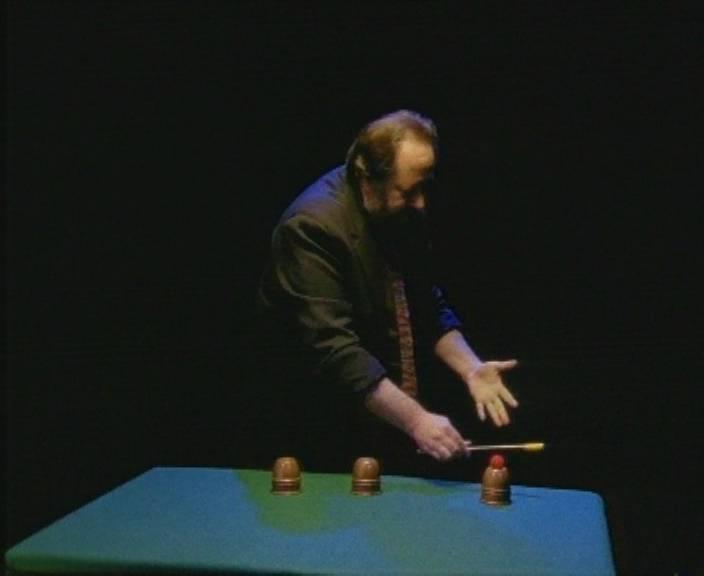 Ricky performing 'cups and balls' a trick performed in the 16th Century
Ricky performing 'cups and balls' a trick performed in the 16th Century
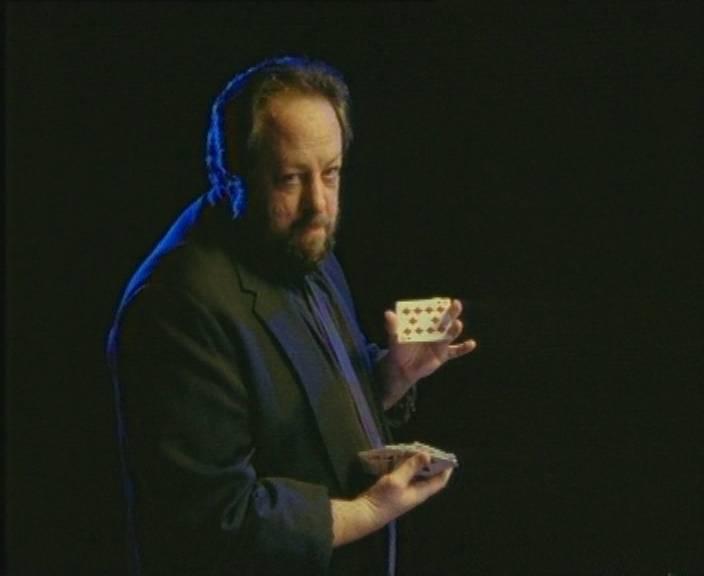 A final card trick
A final card trick
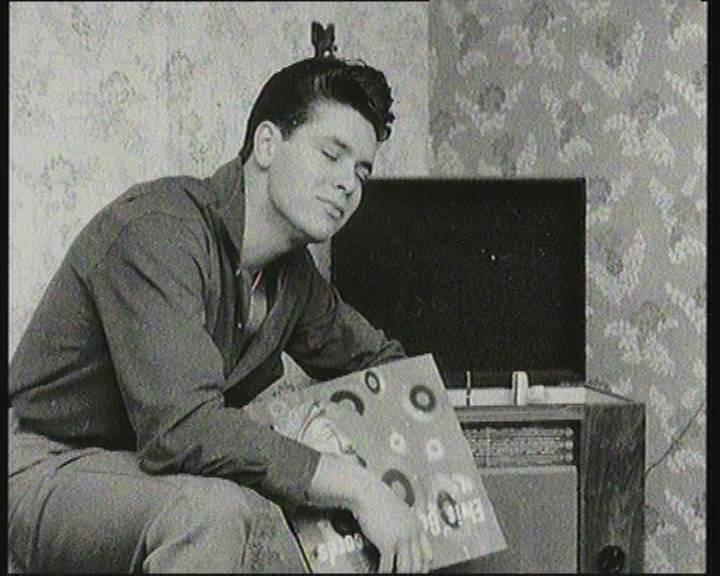 The young Cliff listening to Elvis
The young Cliff listening to Elvis
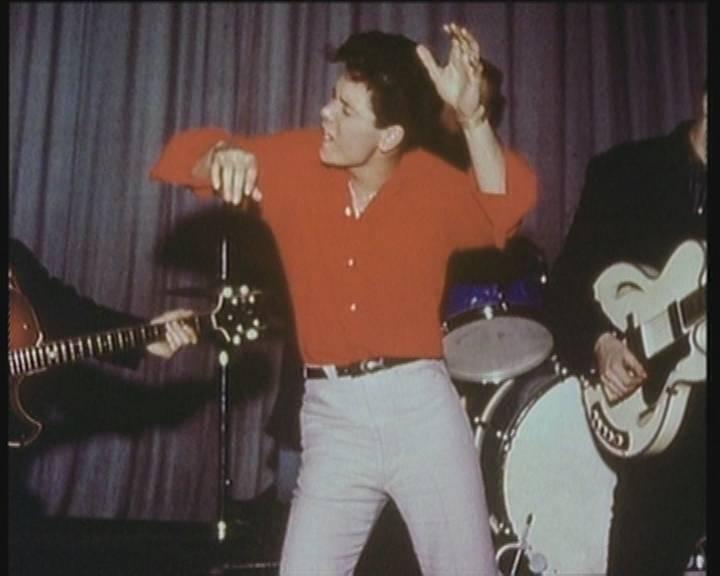 Cliff performing
Cliff performing
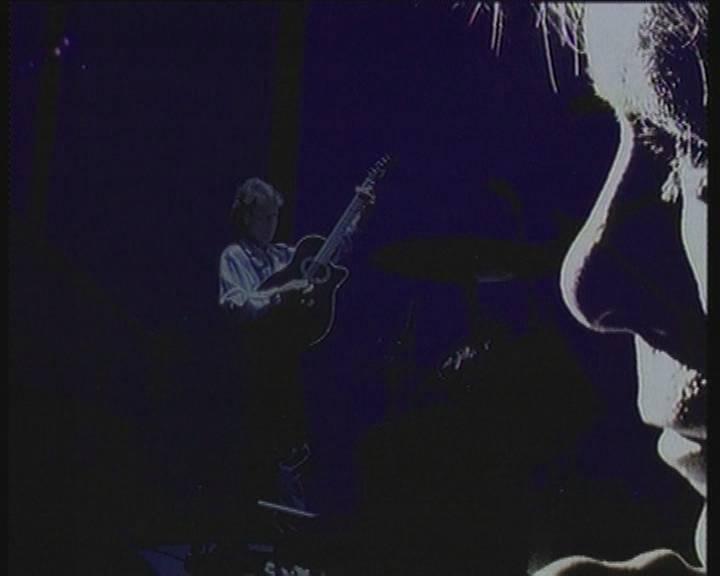 Cliff filmed in performance
Cliff filmed in performance
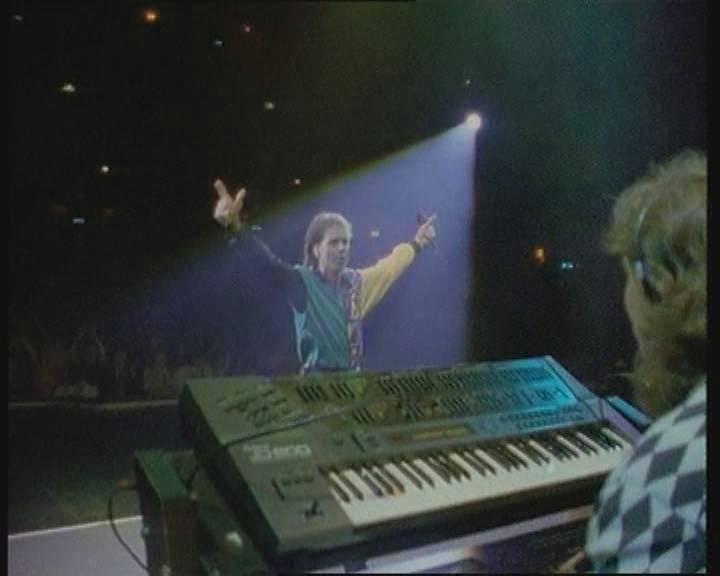 Cliff in concert
Cliff in concert
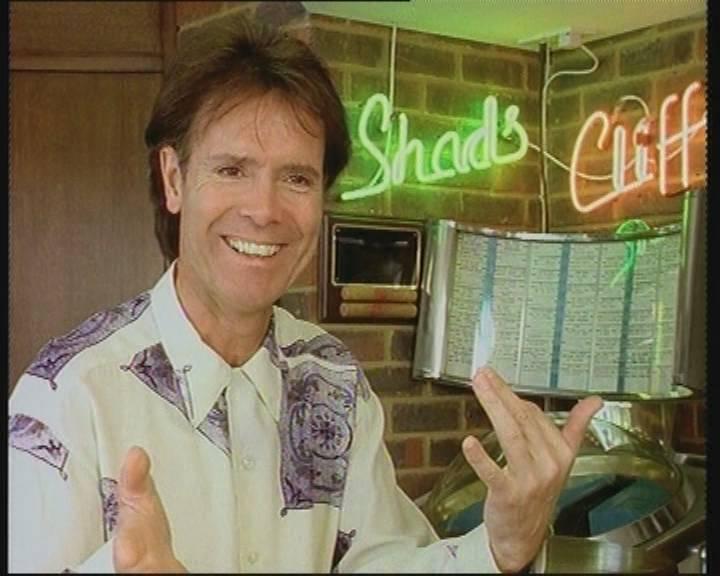 Cliff being interviewed in his house
Cliff being interviewed in his house
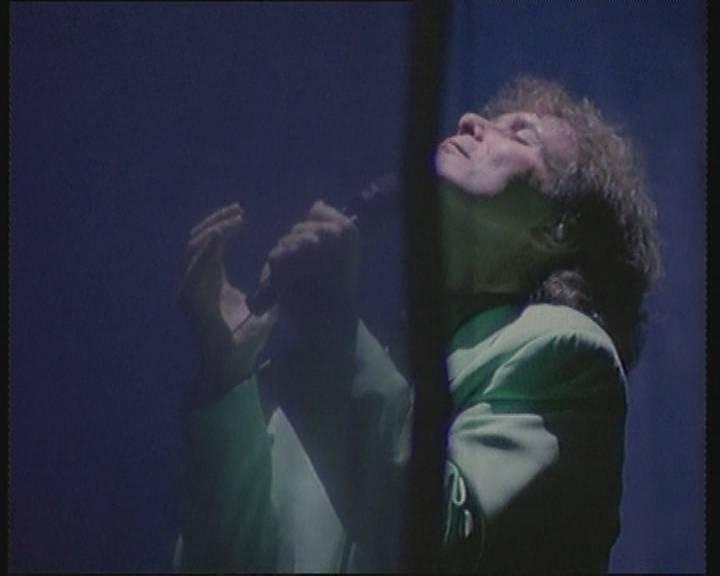 Cliff in concert
Cliff in concert
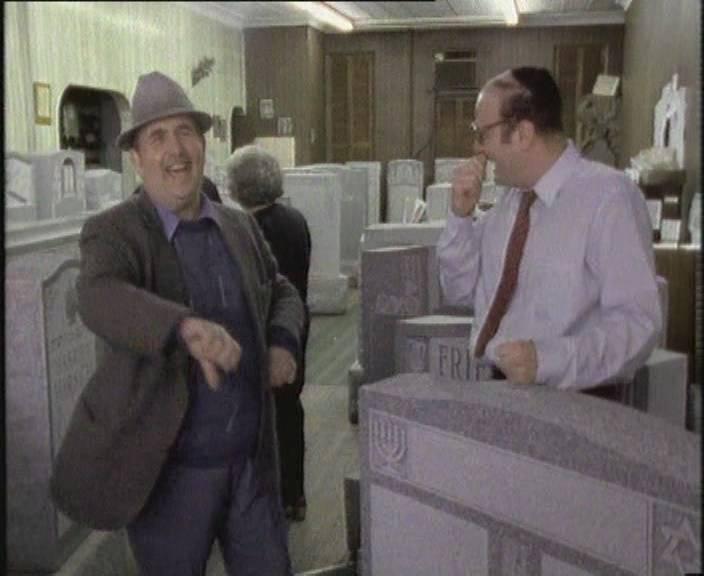 Jokes in Jewish undertaker's emporium on the Lower East Side, New York
Jokes in Jewish undertaker's emporium on the Lower East Side, New York
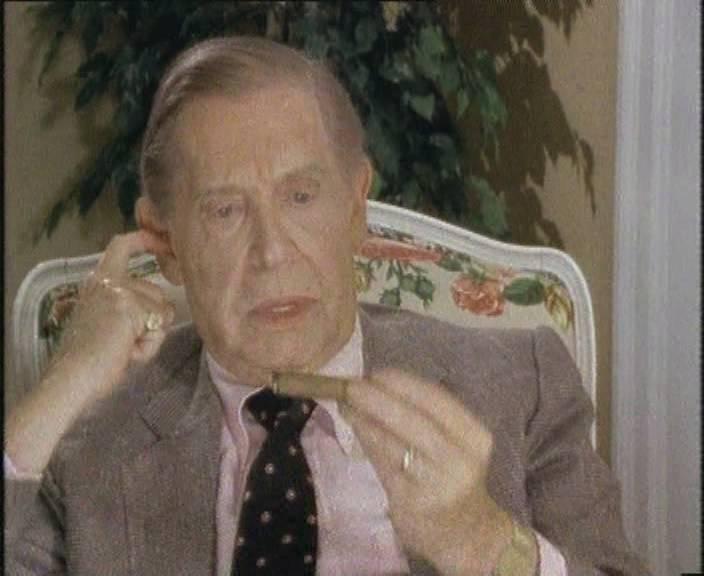 Milton Berle
Milton Berle
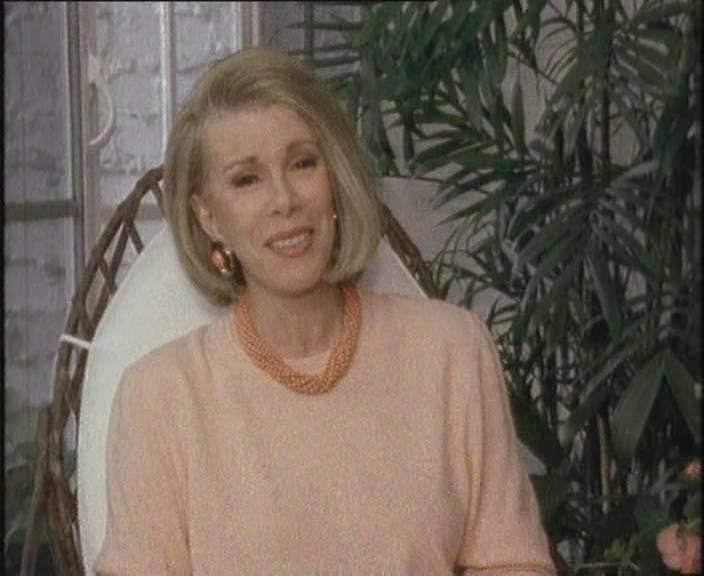 Joan Rivers
Joan Rivers
 Gilbert Gottfried
Gilbert Gottfried
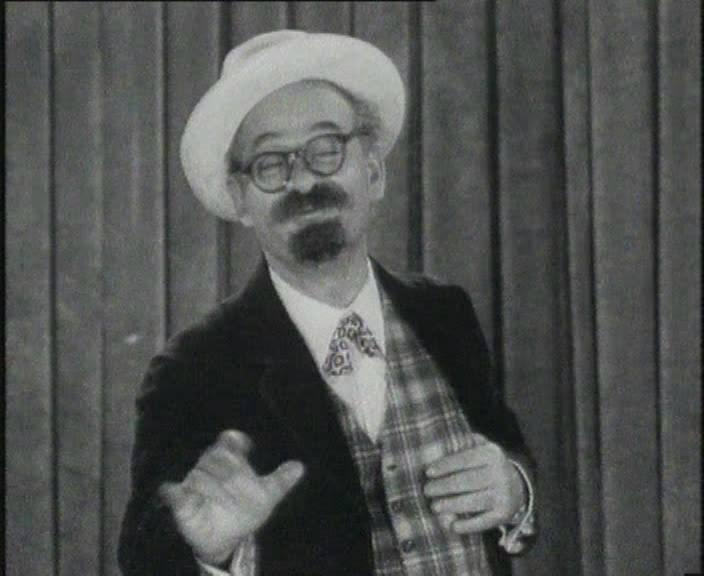
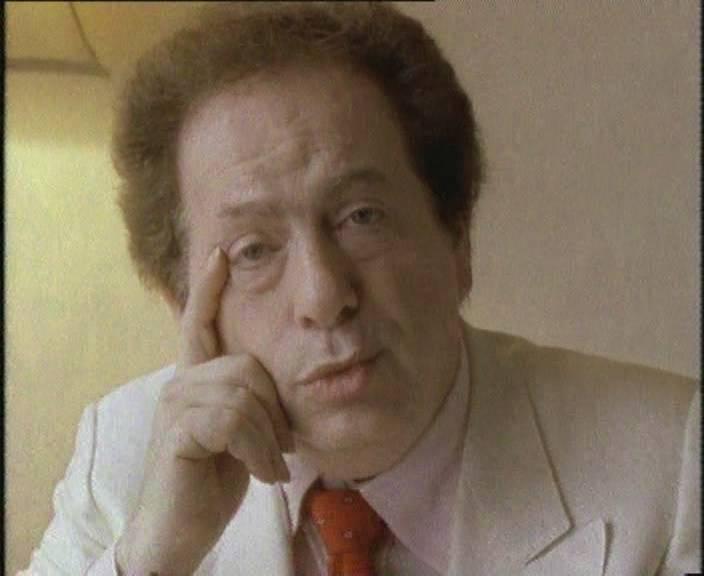 Jackie Mason
Jackie Mason
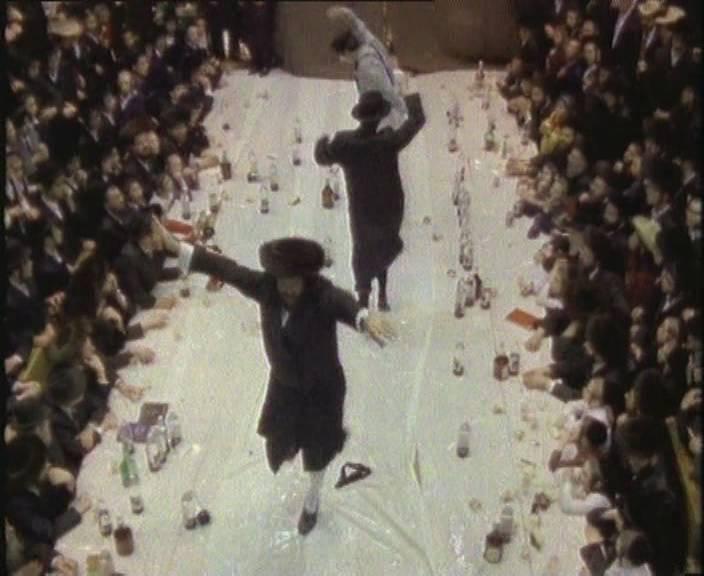 Chassidim celebrating Purim in a Brooklyn synagogue
Chassidim celebrating Purim in a Brooklyn synagogue
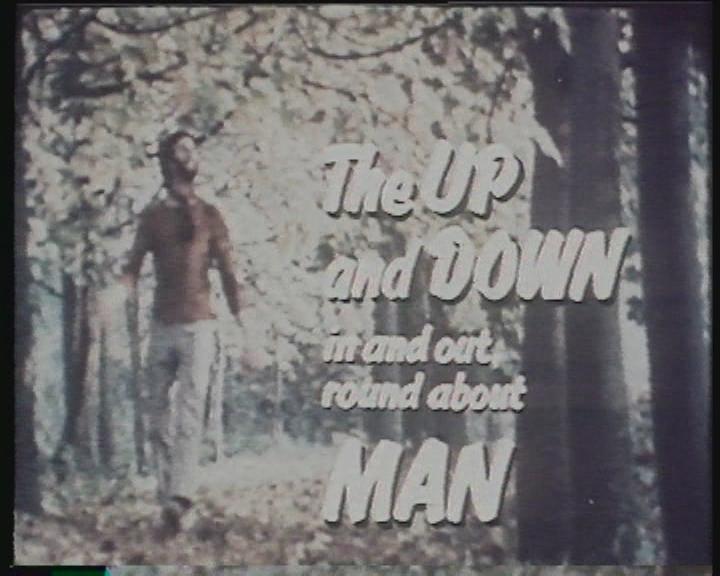 The Up and Down Man title
The Up and Down Man title
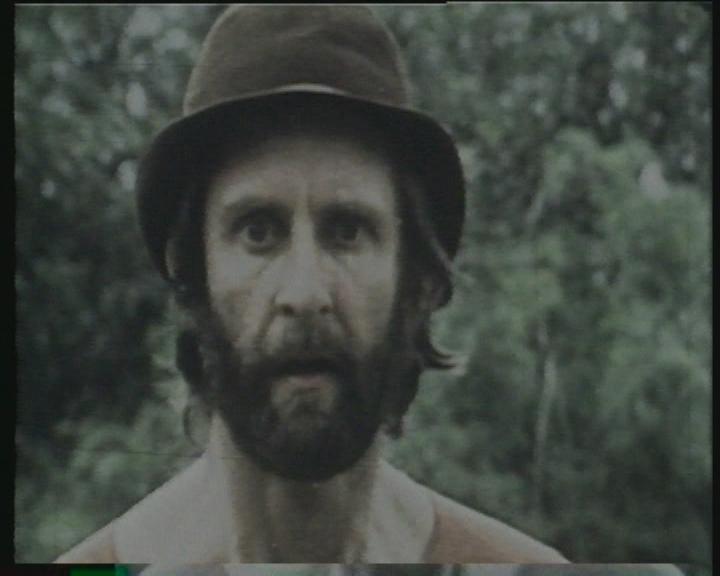 The mime artist Ben Benison
The mime artist Ben Benison
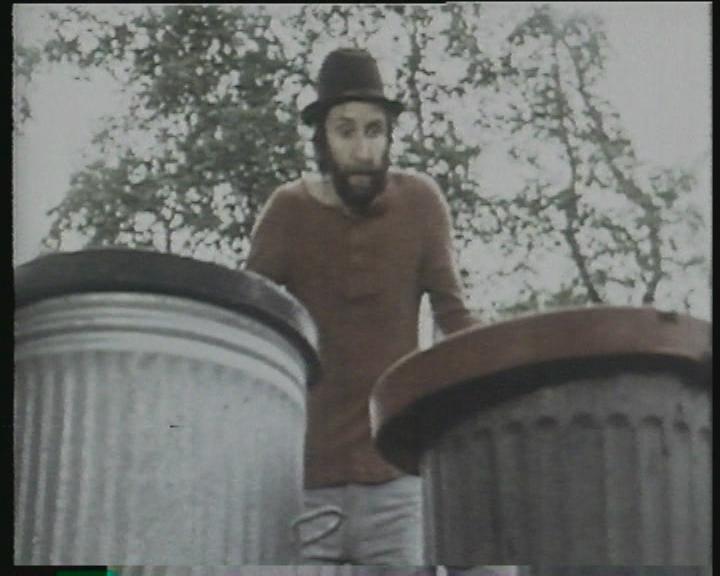 Ben talking to 'Mum' dustbin and 'Dad' dustbin
Ben talking to 'Mum' dustbin and 'Dad' dustbin
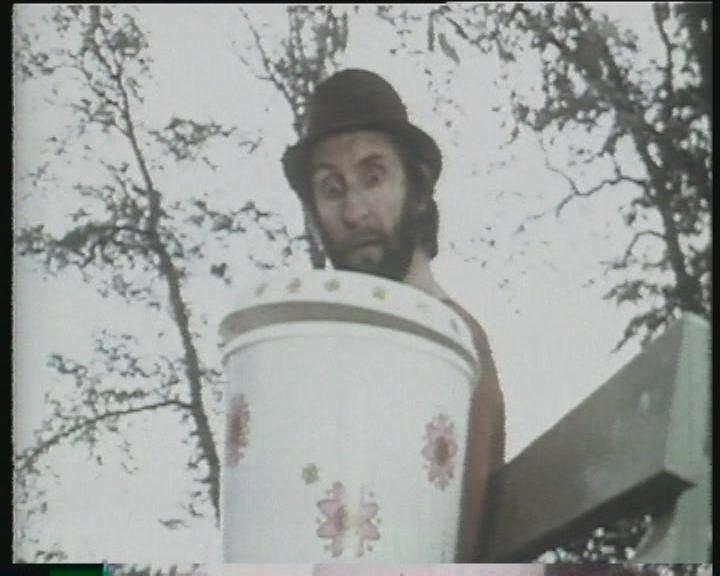 Ben reacting to the cries of 'baby' dustbin
Ben reacting to the cries of 'baby' dustbin
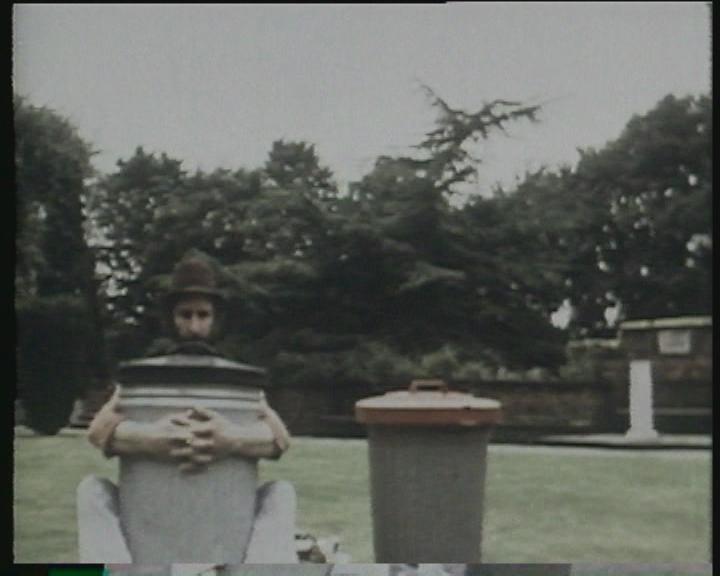 Ben comforting 'Mum' dustbin
Ben comforting 'Mum' dustbin